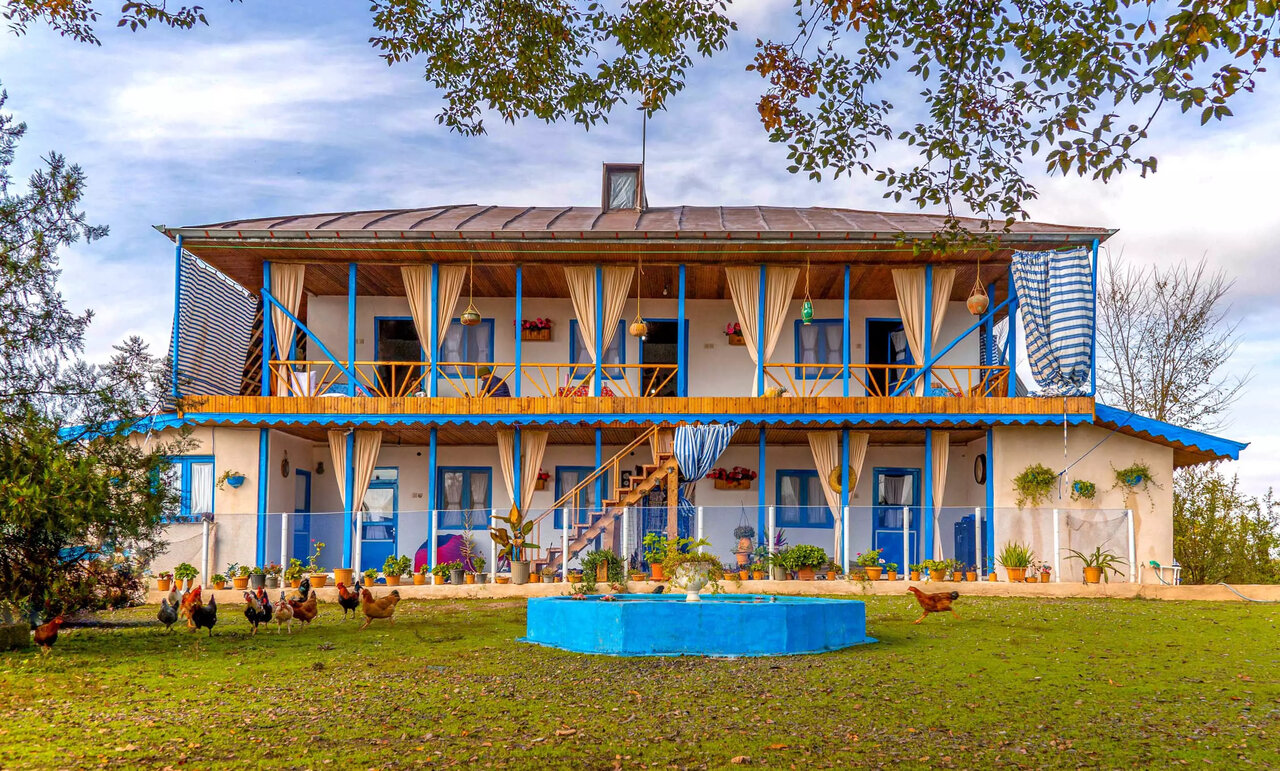Potential houses to become eco-lodges in Ramsar

TEHRAN – A number of traditional houses, suitable for conversion into eco-lodges have been singled out across the county, said a local official in charge of cultural heritage.
“As an outcome of collaboration among some local organizations, about 80 antiqued houses are detected within Ramsar,” Aboutaleb Alipanah brought to light on Thursday, paying a visit to an ecotourism unit along the Javaher Deh tourism route. “Measures are in the pipeline to grant eco-lodge operating permits to theses residences.”
Ramsar’s diverse climate, he outlined, offers a prime opportunity to boost local tourism with an eye toward advancing sustainable employment and encouraging reverse migration through the expansion of ecotourism units.
Emphasizing the region’s exceptional tourism resources, Alipanah pointed to the county’s potential to become a national hub for the growth and development of ecotourism units.
Ramsar is a picturesque city situated in Mazandaran province, on the northern coast of Iran, by the Caspian Sea. Known for its stunning natural beauty, Ramsar is often referred to as the “Bride of Iran’s Cities” due to its lush landscapes and pleasant climate.
Ramsar is uniquely situated between the Caspian Sea and the Alborz Mountains, providing a diverse range of natural attractions. The city’s geography includes verdant forests, hot springs, sandy beaches, and mountain peaks, making it a popular destination for both nature lovers and tourists seeking a retreat from urban life.
The climate in Ramsar is characterized by mild, humid summers and cool, wet winters, ideal for year-round tourism activities.
Ramsar is renowned for its numerous tourist attractions. Key sites include the Ramsar Palace (now a museum), the Ramsar cable car offering panoramic views, and the hot springs that attract visitors for their therapeutic properties.
XF/AM
